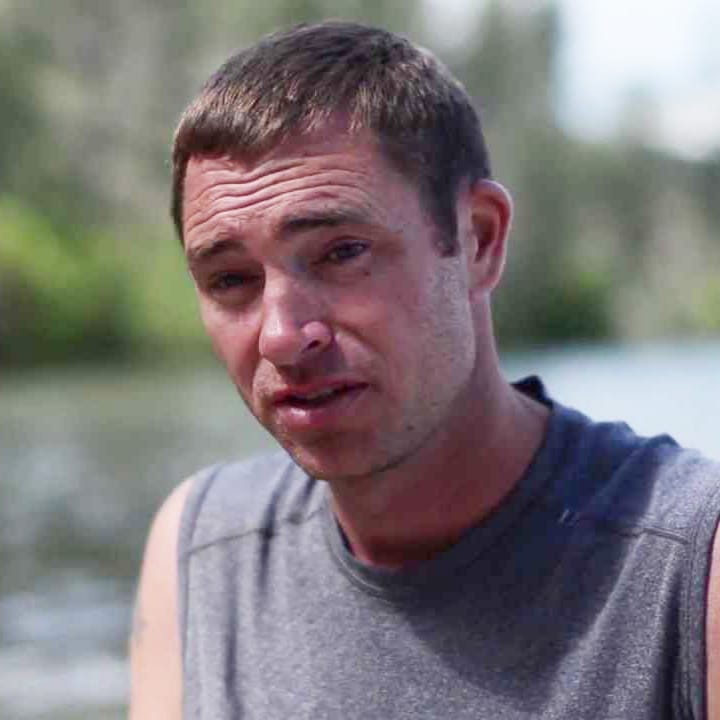Most people think—most able bodied people who don’t know somebody in a wheelchair—think that if you break your back, you just can’t move your legs. But there’s a lot more to it than that. If it were just not moving your legs that would be awesome, that would be super. But you have to deal with absolutely everything and that is by far the most important topic that we discuss—just the day to day things you need to do to be able to get out of the house, just to be able to get out of the house.
Some of the biggest challenges that I faced is just getting your body organized again. You can accept your disability, some people accept it quickly, some people never accept it at all, but even after accepting your disability you still have to go through the rehabilitation process on your own.
I guess some of the biggest challenges I had after leaving the spinal cord rehabilitation clinic in Calgary was, you don’t have a call button beside you anymore. So when you get home if you have any issues or anything like that, you’re on your own. And that’s when the real rehab begins. That’s when you really start to become innovative and figure out how to make things faster quicker easier. It’s a real learning experience.
I know when I got out of the Foothills Hospital in Calgary, there was one fella that I really fed off of and I think we fed off of each other. We had our injuries the exact same day, the same level of injuries, we were roommates in the hospital and we were even roommates afterwards. I lived with him a couple of times. But just having somebody else there that’s going through the exact same things, just to be able to feed off of that, was huge. Now when you pull in an entire group behind that, you’ve basically got an army, and you’ll adapt way faster.
And there’s always somebody in the group that you’re going to relate to. It’s such a diverse group, every single person is completely different, they all have completely different challenges in their lives, but there will definitely be somebody in the group that you can relate to.
So I recommend latching on and feeding as much as you can.
The other nice thing is, everyone that’s in the group, everyone that comes down and gets involved, wants to provide. They want to be able to offer assistance and they’re more than willing to give their feedback and tell their story.
It really means a lot when you have somebody that’s going through it and they have the experience behind them to give you that info.
